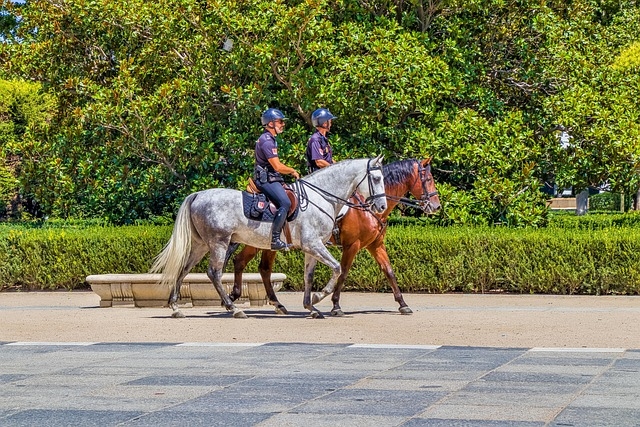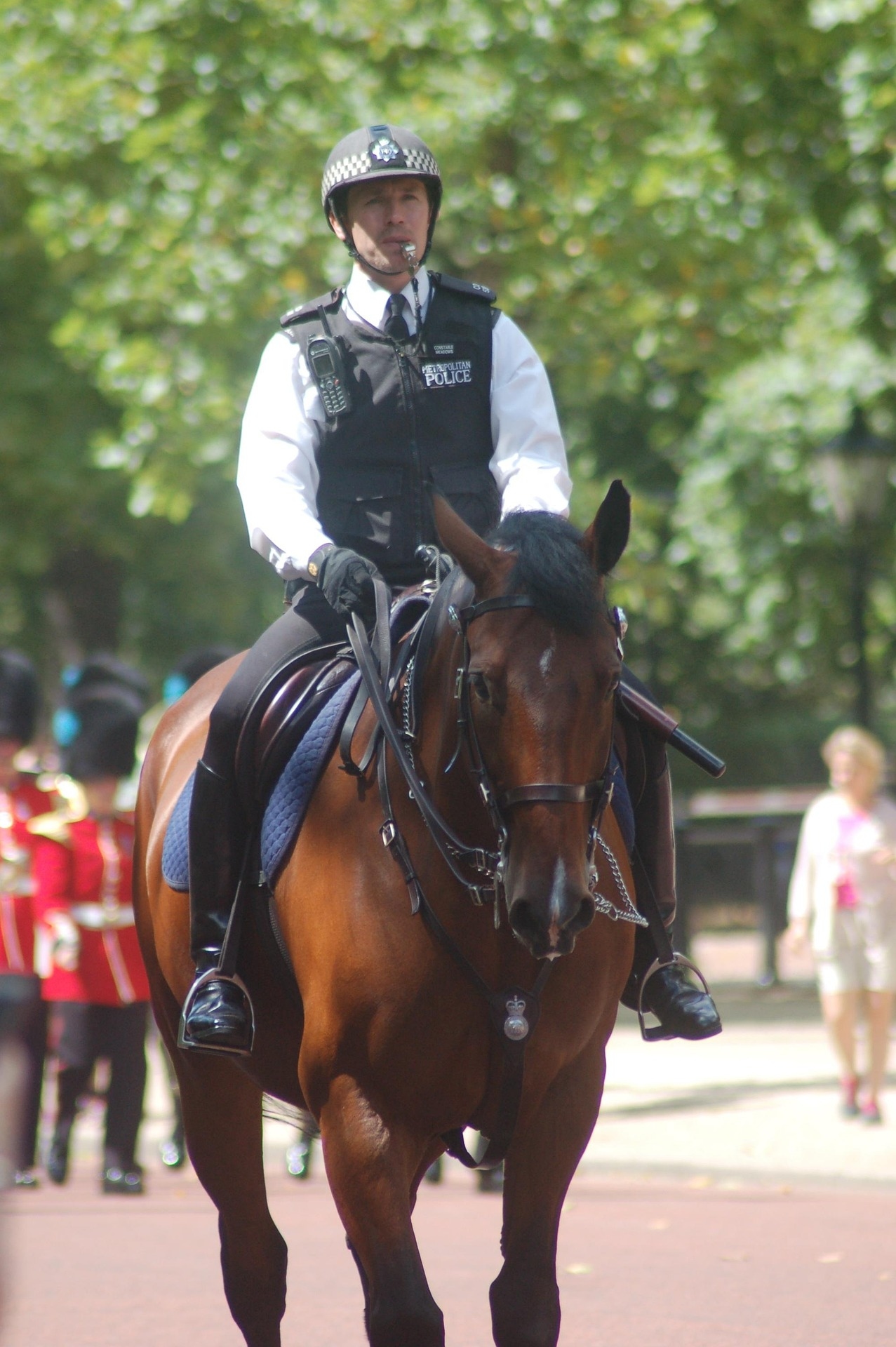
Ever wondered can you get a DUI on a horse? Surprisingly, in states like Florida and Kentucky, you absolutely can be charged with driving under the influence while riding a horse on public roads . However, the laws vary significantly across the country.
In fact, states handle this unusual situation quite differently. While California categorizes horses separately from vehicles, you might still face other charges such as public intoxication if caught riding under the influence . Similarly, Texas has more flexible laws regarding DUI on a horse, but legal consequences remain a possibility for impaired riders . Whether your state explicitly enforces DUI laws for horseback riding or not, we want to emphasize that riding a horse while intoxicated is never advisable. Horses are unpredictable animals, and attempting to control one while impaired puts both you and others at serious risk .
In this article, we'll explore the surprising legal reality of getting a DUI on horseback, examine the relevant laws across different states, and explain why "drunk riding" is dangerous regardless of legal technicalities.
Can You Get a DUI on a Horse? Laws Explained
The legal answer to whether you can get a DUI on horseback depends entirely on how your state defines "vehicle" in its laws. According to data, more than half of US states allow DUI charges for intoxicated horse riding.
The determining factor typically centers on state-specific definitions. Georgia's statute, for instance, makes it illegal to "drive or be in actual physical control of any moving vehicle" while intoxicated, casting a wide net. Moreover, Georgia defines "vehicle" as "every device in, upon, or by which any person or property is or may be transported".
States where horseback DUIs are possible include Alabama, Alaska, Arkansas, California, Delaware, Florida, Georgia, Idaho, Illinois, Indiana, Kansas, Kentucky, Louisiana, Mississippi, Montana, Nevada, New Hampshire, New Mexico, New York, North Carolina, North Dakota, Oklahoma, South Dakota, Vermont, Virginia, and West Virginia.
Conversely, states like Arizona, Colorado, Connecticut, Hawaii, Iowa, Maine, Massachusetts, Michigan, Minnesota, Missouri, Nebraska, New Jersey, Ohio, Oregon, Pennsylvania, Rhode Island, South Carolina, Tennessee, Texas, Utah, Washington, Wisconsin, and Wyoming explicitly do not allow DUI charges on horseback.
Additionally, North Carolina specifically exempted horses from their DWI laws through a 1989 legislative amendment. Nevertheless, you could face alternative charges such as public intoxication, reckless endangerment, or animal cruelty.
Why Riding a Horse Drunk Is Still Dangerous
Drinking alcohol and riding a horse is a dangerous combination that goes beyond legal concerns. Horseback riding requires coordination, timing, and clear communication between rider and animal - skills that alcohol directly impairs. The safety risks are substantial and affect multiple parties.
Research reveals that among horseback riding fatalities, 33% of tested riders had detectable blood alcohol concentrations. Furthermore, 67% of rider deaths resulted from head injuries, with 70% occurring when riders fell or were thrown from their horses. These statistics highlight the deadly consequences of impaired riding.
An intoxicated rider struggles with balance, coordination, and judgment - essential skills for controlling a powerful animal weighing over 1,000 pounds. Consequently, drunk riders may frighten horses with unfamiliar actions, creating dangerous situations. Unlike vehicles, horses are living beings with their own instincts and reactions, making them potentially more unpredictable when handled by impaired riders.
Despite some jurisdictions not classifying it as a DUI, you may still face charges like public endangerment or animal cruelty. Real-world incidents confirm these dangers - like the California case where police pursued an intoxicated person galloping through traffic, or the woman caught riding erratically on a busy highway with a blood alcohol level twice the legal limit.
Therefore, helmets and sobriety are essential safety practices regardless of whether your state legally defines horseback riding under DUI laws.
DUI on a Horse vs. DUI in a Car

Let's compare the key differences between getting charged with a DUI on horseback versus in a motor vehicle. These distinctions often determine the legal outcome of your case.
The fundamental difference lies in classification - cars are always motorized vehicles, whereas horses occupy a unique legal category as living beings, not machines. This classification gap creates substantial differences in how laws apply.
When comparing penalties, DUI in a car typically results in license suspension, whereas horseback DUIs may not affect your driving privileges. Notably, you'll rarely face ignition interlock requirements with horse-related incidents. Both situations can result in fines, possible jail time, and community service requirements.
States handle these cases differently. Florida and Kentucky treat horses as vehicles in certain contexts, applying DUI laws to intoxicated riders. Meanwhile, California and Oregon typically exempt horseback riders from standard DUI statutes.
Even without DUI charges, intoxicated horseback riding often leads to alternative charges including:
Public intoxication (most common alternative)
Animal cruelty/endangerment
Reckless endangerment
The absence of a motor and horses' unpredictable behavior further complicate legal interpretations. Practically speaking, although motor vehicle DUIs carry stricter penalties, both situations create serious safety risks and potential legal consequences.
Conclusion
Although it might seem amusing to consider getting a DUI while riding a horse, the reality proves quite serious. Throughout this article, we've discovered that many states actually do classify horseback riding under their DUI laws, particularly when their legal definitions of "vehicles" remain broad enough to include animals used for transportation.
Undoubtedly, the legal landscape varies significantly across America. While states like Florida and Kentucky explicitly allow DUI charges for intoxicated riders, others like Arizona and Colorado do not. Nevertheless, even when DUI charges don't apply, alternative legal consequences such as public intoxication or animal cruelty charges still exist for those who choose to ride while impaired.
Safety concerns, however, transcend legal technicalities. The statistics speak clearly - alcohol significantly contributes to horseback riding fatalities, with a third of tested deceased riders showing detectable blood alcohol concentrations. Unlike cars, horses react unpredictably to erratic commands, creating dangerous situations for everyone involved.
The comparison between car DUIs and horse DUIs highlights important distinctions in how the law treats these offenses. Despite these differences, both activities create substantial risks. Horses may lack motors, but they possess minds of their own, making them potentially more unpredictable than vehicles when handled by someone under the influence.
Regardless of your state's specific laws, riding a horse while intoxicated remains a dangerous decision that puts yourself, your horse, and others at risk. The best approach? Save the drinks for after your ride is complete and your horse is safely stabled. Your safety, your horse's wellbeing, and your clean legal record will thank you.
FAQs
Q1. Can you legally get a DUI while riding a horse? In some states, such as Florida and Kentucky, you can be charged with a DUI while riding a horse on public roads. However, laws vary significantly across the country, with many states not considering horseback riding under DUI statutes.
Q2. What are the dangers of riding a horse while intoxicated? Riding a horse while drunk is extremely dangerous. It impairs your coordination and judgment, which are essential for controlling a large animal. This puts both the rider and the public at risk of injury. Additionally, intoxicated riding can lead to animal cruelty charges.
Q3. How does a DUI on a horse differ from a DUI in a car? The main difference lies in classification. Cars are always considered vehicles, while horses occupy a unique legal category. This affects how laws are applied. Car DUIs typically result in license suspension, while horse DUIs may not. However, both can lead to fines, jail time, and community service.
Q4. If I can't be charged with a DUI on a horse in my state, am I in the clear? Not necessarily. Even if your state doesn't allow DUI charges for horseback riding, you could still face other charges such as public intoxication, reckless endangerment, or animal cruelty if caught riding while impaired.
Q5. How common are accidents related to drunk horseback riding? Research shows that among horseback riding fatalities, 33% of tested riders had detectable blood alcohol concentrations. Additionally, 67% of rider deaths resulted from head injuries, with 70% occurring when riders fell or were thrown from their horses, highlighting the dangers of impaired riding.
